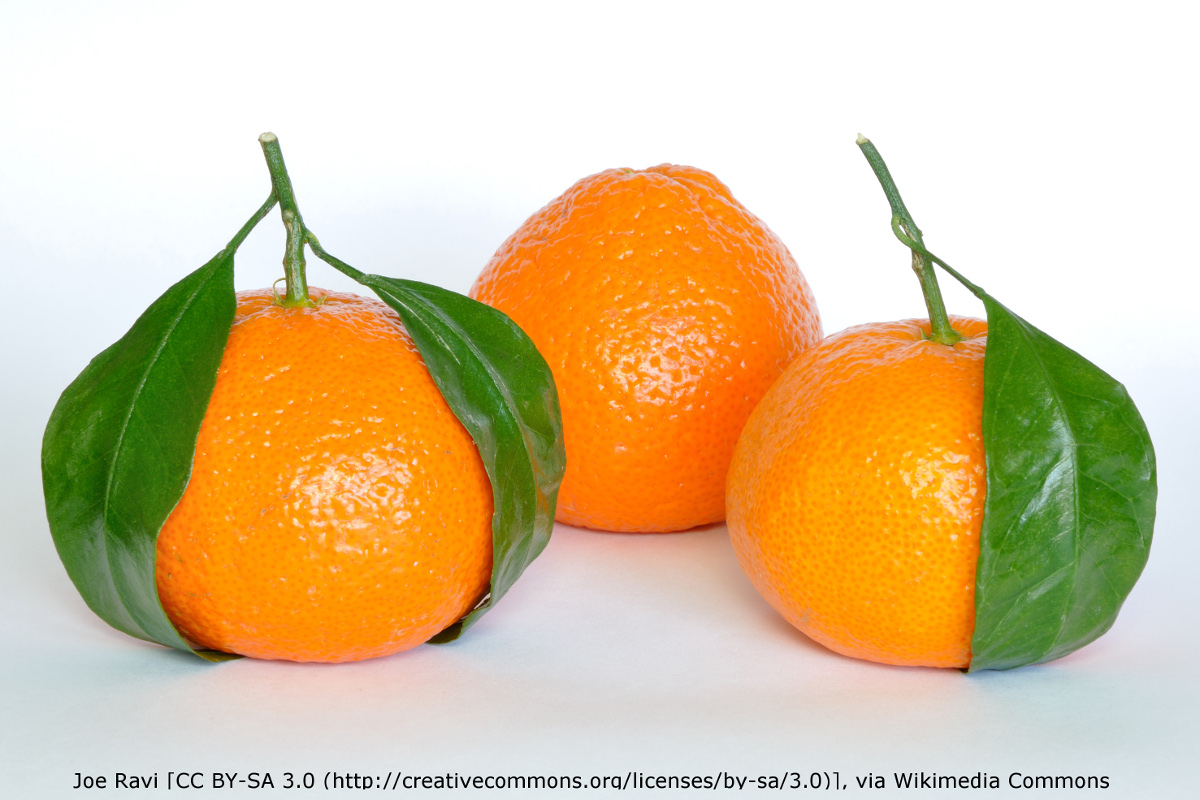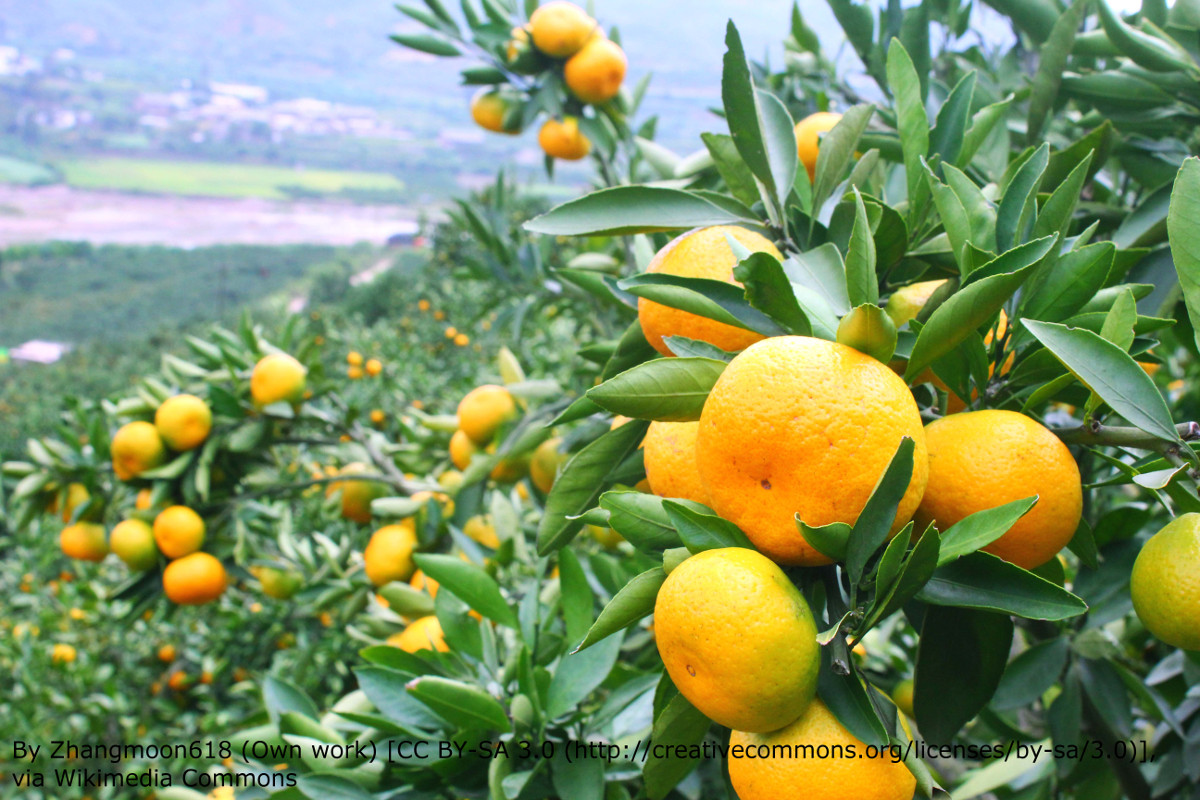By John Warren
When I was a kid, every Christmas my dad would give me a tangerine, a six pence and a pat on the head. By the time I was ten, I had one hundred pounds in the bank and a flat head.
Tangerines turn up every Christmas, in bad cracker jokes and as stocking fillers. But what do these little tart citrus fruit have to do with advent?
Well the amazing thing is,…. you really are not going to believe this one. Brace yourself. Tangerines really do have virgin birth.
Although seasonal, the idea of virgin birth seems miraculous, if not totally unbelievable in our own species. However, in the plant kingdom it is relatively common place.
Tangerines are far from unique in producing what look like perfectly normal seeds, which are in fact not the product of sex, but are clones, genetically identical copies of the mother plant.
 It turns out that one of the reasons why Gregor Mendel pioneering work on genetic was overlooked for so many years, was because he tried (and failed) to replicate his pea experiments with a species that was similar to tangerines in producing its seeds without sex.
It turns out that one of the reasons why Gregor Mendel pioneering work on genetic was overlooked for so many years, was because he tried (and failed) to replicate his pea experiments with a species that was similar to tangerines in producing its seeds without sex.
Tangerines like many species of citrus do more than just produce seeds asexually. They also produce seeds with multiple embryos. Thus it is possible to grow several plants from a single tangerine pip. In fact within a pip it is often possible to find both asexual copies of the mother tree and sexual embryos; the true offspring of the same tree.
Within the citrus family there is a trend that more commonly cultivated species are more likely to produce asexual seeds. Thus, tangerines, oranges, and grapefruit are highly asexual, lemons and limes are partly so and citrons and pummelos reproduce via sexually produced seeds. This is probably a product of the domestication process. Once a superior variety has been identified, then earlier farmers would have been interested in selecting types which breed true, and what breed more true to type than a virgin tangerine?
Sadly probably the real reason that tangerines appear at Christmas is not their virginity, but simply because they are in season, and they are cheap, so they make attractive presents for Scrooges everywhere.
Advent Botany 2015 Day 17, Day 19
Index to Advent Botany 2015



Pingback: Advent Botany 2015 – Day 18: The Tangerine – Just Like a Virgin « Herbology Manchester
Pingback: Advent Botany 2015 – Day 19: Popcorn tree decorations | Culham Research Group
Pingback: #AdventBotany Day 10: Have yourself a microscopically Merry Christmas | Culham Research Group
Pingback: #AdventBotany 2019, Day 1: Clementine, Satsuma, Tangerine; what’s the difference? | Culham Research Group